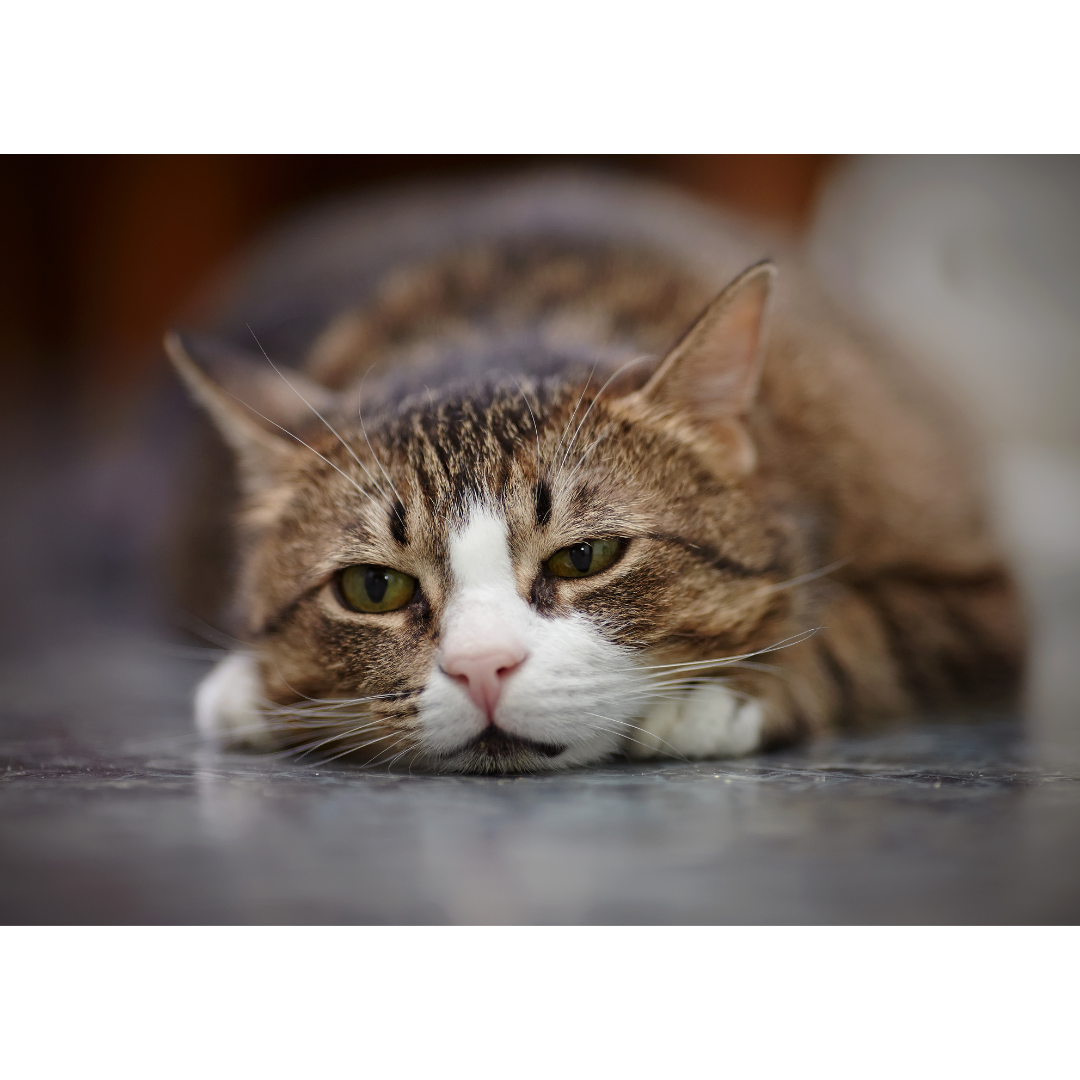
The Importance of Regular Veterinary Check-Ups for Cats
Cats, with their independent nature, often mask their illnesses, making regular veterinary check-ups a critical component of responsible pet ownership.
These check-ups are essential not only for addressing immediate health concerns but also for setting the stage for a cat’s long-term wellness1.
Benefits of Regular Check-Ups
- Early Detection of Health Issues:
By the time you notice something is wrong, it’s because they’re in pain and can no longer hide it2.
- Preventive Care:
- Establishing a Baseline:
Risks of Skipping Check-Ups
While for most cats, a vet visit can be stressful, in the overall risk management for cats, that amount of stress is an acceptable price to pay3.
The problem is cats that seem to be healthy may not be3.
An annual checkup gives your vet a chance to find early symptoms of the disease that you may not be able to spot yourself3.
Skipping regular veterinary check-ups for cats can lead to several risks:
- Missed Early Detection: Regular check-ups allow for early detection of potential health issues. If these check-ups are skipped, it could lead to late diagnosis of health problems, which might be more difficult and costly to treat.
- Undetected Health Issues: Cats are known for their ability to hide signs of illness. Without regular check-ups, health issues could go unnoticed until they become serious.
- Lack of Preventive Care: Regular check-ups are an opportunity for preventive care, including vaccinations and nutritional advice. Skipping these check-ups could leave your cat unprotected against preventable diseases.
- Stress and Anxiety: While vet visits can be stressful for cats, the stress of an undiagnosed or untreated health issue can be far greater.
- Lack of Baseline Health Information: Regular check-ups provide veterinarians with baseline health information about your cat. Without this information, it could be more challenging to diagnose and treat future health issues.
When to Start and Schedule of Check-Ups
The frequency of veterinary check-ups depends on your cat’s age and current health status45.
- Kittens (birth to 6 months):
- For kittens, there may often be an initial health check shortly after birth (within the first few days of life), but full and regular veterinary checks typically begin by around 8 weeks of age56.
- During the kitten life stage, when so much needs to be done and when the kitten is developing so fast, regular veterinary visits are thus usually required every 1-2 months5.
- Junior (7 months to 2 years) cats:
- For Junior cats, veterinary checks are recommended every 6 months, as this too is a period of rapid change5.
- Adult (3 to 6 years) and Mature (7 to 10 years) cats:
- For otherwise healthy cats, during the Adult and Mature life stages, veterinary checks once a year are recommended54.
- Senior (11 to 14 years) and Super Senior (15 years and over) cats:
In conclusion, regular veterinary check-ups are an integral part of maintaining your cat’s health and wellbeing.
They provide an opportunity for early detection of potential health issues, preventive care, and establishing a health baseline for your cat.
It’s important to start these check-ups as early as possible and continue them regularly throughout your cat’s life.



Leave a comment
This site is protected by hCaptcha and the hCaptcha Privacy Policy and Terms of Service apply.